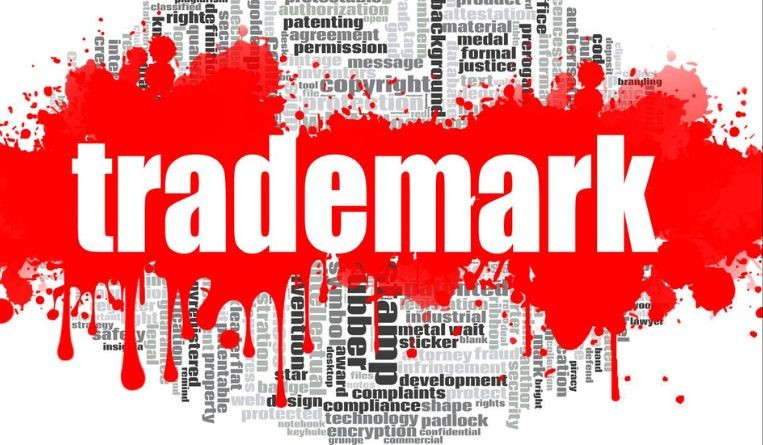Singapore: Corporate names, domain names and social media handles serve as evidence towards trademark use
30 November 2022

The applicant, Floor Xpert Pte Ltd sought to register
(the subject mark) under, amongst others, Class 37 for certain services in relation to flooring and maintenance. The applicant claimed that the subject mark had acquired distinctiveness from usage. The trademark examiners were not persuaded by the evidence submitted to this end.
In particular, the evidence of acquired distinctiveness was found to be insufficient because: (i) the company’s name “Floor Xpert Pte Ltd” was used, as opposed to the subject mark; (ii) the evidence submitted was not with regard to the relevant services under Class 37, but only reflected use with regard to transactions relating to flooring products. When the objections were maintained despite three rounds of submissions, the Applicant requested for a hearing before the Principal Assistant Registrar (PAR).
The PAR noted that when evaluating whether a sign had acquired distinctiveness, it should be demonstrated that the relevant public depended on the sign’s reflection of the goods or services coming from a certain trader, which called for an overall assessment of the evidence.
He noted that the subject mark had been used for over eight years before the date of application for registration. “Floor Xpert” had been consistently used as a “badge of origin”. The applicant’s webpage established in February 2010 included the term “floorxpert”. Through public Facebook messages, the applicant alluded to itself as “Floor Xpert”, and its Facebook page employed the handle “@FloorXpert”. It was worth noting that no other company in Singapore used the subject mark as its badge of origin. Customer reviews, engagements with the press, and search engine optimization were also considered.
Revisiting the examiners’ findings, the PAR pointed out that every case is fact-specific. In this particular case: (i) the subject mark’s use in various forms might still be considered when evaluating acquired distinctiveness from usage, and (ii) despite the evidence showing use in relation to other goods or services, such evidence might still go to the services for which the application for registration was sought (i.e. those under Class 37).
Where a company had been in business for a considerable period and the general impact of its business on consumers was that they see the company’s name as a badge of origin, the use of the applicant’s full corporate name should count as trade mark use, particularly where the subject mark was subsumed under its name.
Similar reasoning applied in regard to the applicant’s evidence of use on its webpage and in social media. Its corporate name, webpage and social media handle shared the same common denominator: “Floor Xpert”. The applicant used such means to reach out to Singapore-based patrons, which translated to sales.
From examining relevant exhibits of Facebook posts tendered by the applicant, the PAR noted that its services had been offered as a holistic package. Its activities were carried out in relation to the subject mark, which fell within the purview of the specified services, or at least were closely associated with them. He concluded that the subject mark should be accepted for registration.
This decision bears significance as it shows that corporate names, domain names and social media handles can serve as evidence towards use of a trademark.








